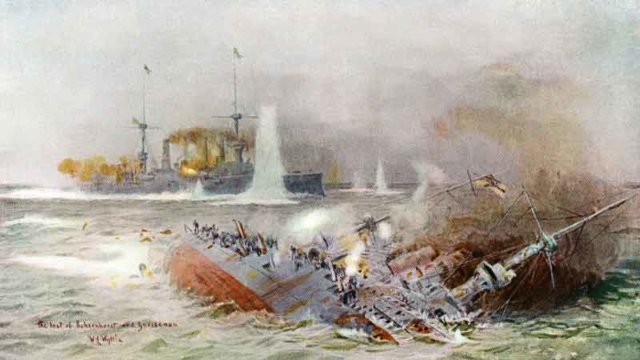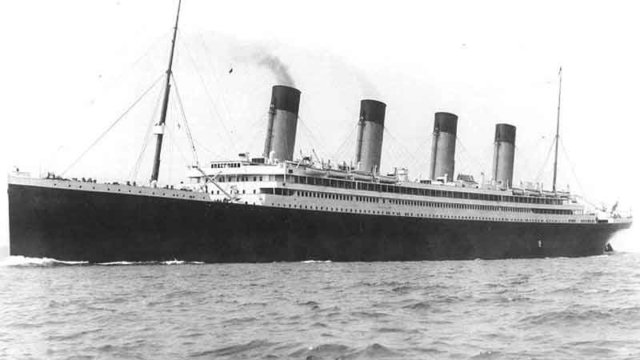最近あまり耳にしなくなった「中近東」という言葉。
そもそも「中近東」と「中東」はどう違っていたのだろうか。
それ以前に、「中近東」という言葉は「近東」と「中東」が合わさった言葉だと思うが、それなら「近東」ってどこなのか。
その謎に迫るべく、今宵もブリタニカ百科事典を紐解く……
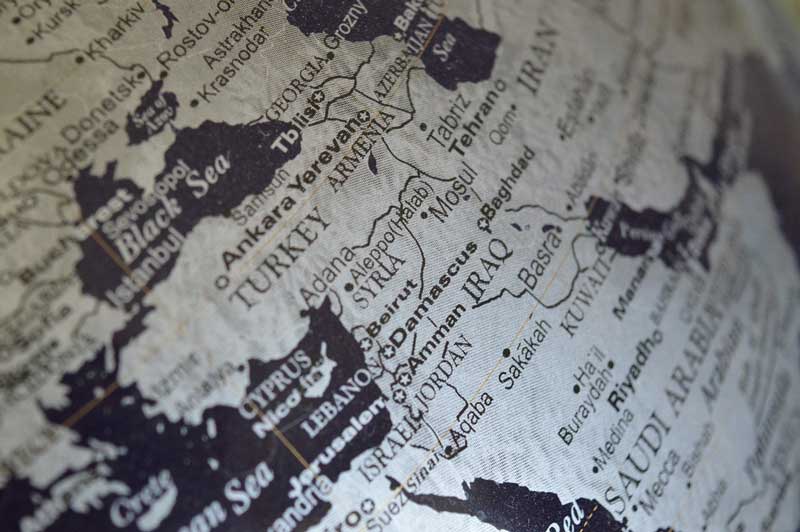
この記事はEncyclopedia Britannica(ブリタニカ百科事典)の記事Are the Middle East and the Near East the Same Thing?からの引用を元に、独自研究を加えて自分なりの見解をまとめたものです。
目次
「近東」の消滅
What do you call the region that encompasses southwestern Asia and northeastern Africa: the Middle East or the Near East?
-Encyclopedia Britannica #Are the Middle East and the Near East the Same Thing?
region 地域 encompass 含む、取り巻く Middle East 中東 Near East 近東
日本では「近東」って言葉はあまりなじみがないかもしれない。一昔前までは、「中近東」という言葉は使われていた気がするけど、最近は「中東」に一本化されたようなイメージがある。
北アフリカは……中東の一部なのだろうか。中東というのはなんとなく、地中海の東側に位置する「アジア」の部分を指し示す言葉だと思っていたのだけど、そういえば、エジプトあたりまでは中東扱いされているような気が……
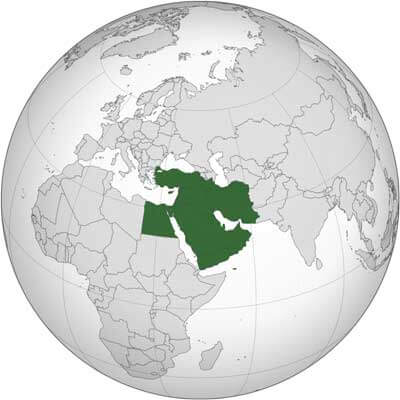
Middle East essentially supplanted Near East in the early 20th century, although the two are now used interchangeably among English speakers. So, for all intents and purposes, Middle East and Near East refer to the same region when used today.
essentially 本質的には supplant (強引に)とって変わる interchangeably 互換的に intent 意図 purpose 目的 refer to 言及する
ということは、やっぱり「近東」ってのはいまや死語だったんですね。「中近東」という言葉もあまり聞かなくなったのは、あの辺まとめて「中東」と呼ぶことにしたってことだろう。
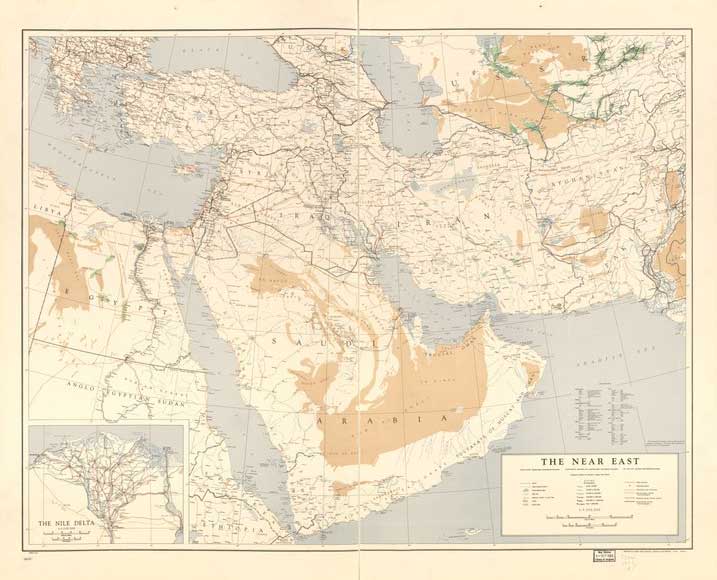
United States. Army Map Service / Public domain
「中東」という言葉の起源
This hasn’t always been the case. The term Near East was coined in the 19th century when Westerners divided the “Orient” into three parts: the Near East, the Middle East, and the Far East. The Near East included the Ottoman Empire and the Balkans, while the Middle East ranged between the Persian Gulf and Southeast Asia—quite a small region compared with what we consider to be the Middle East today. (The Far East encompassed Asian countries facing the Pacific Ocean.) As Europe geared up for World War II, however, the term Middle East began to be used by the British military to refer to both regions. Middle East soon became the dominant term.
term 用語 coin (新語などを)創り出す Orient 東洋 Ottoman Empire オスマントルコ Balkans バルカン諸国 Persian Gulf ペルシア湾 gear up for 〜の準備を整える dominant 優越的な
19世紀のヨーロッパでは、東洋を「近東」「中東」「極東」の三つに分けて考えていた、というわけだ。
日本語には「近」「中」「極」と訳されているけど、原語はそれぞれ”Near” “Middle” “Far”なので、意味としては「近い」「中間」「遠い」である。
その後、「近東」と「中東」をまとめて「中東」と呼ぶようになった、と。
拡大する「中東」
Today we consider the Middle East to span from Morocco to the Arabian Peninsula and Iran. (Some scholars use the acronym MENA—Middle East and North Africa—as they feel it more accurately describes the region of their research.) While Morocco, Tunisia, and Algeria may seem to be geographical outliers, their similar sentiment, religion, and policies have led them to be considered part of this region. Other countries are often lumped in with the Middle East by current events, such as Afghanistan and Pakistan, although they may not technically belong.
Morocco モロッコ Peninsula 半島 Iran イラン scholar (主に人文系の)学者 acronym 頭文字 Tunisia チュニジア Algeria アルジェリア geographical 地理的な outlier はずれ値 sentiment 情操 religion 宗教 policies (政府などの)政策 lump up 塊になる current events 時事 Afghanistan アフガニスタン Pakistan パキスタン
結局、ヨーロッパの南東部に広がるイスラム教徒が多くて、土地は砂漠がちで、かつ旧ソ連より南の地域をまとめて「中東」と呼んでいるが、その境界線はきわめて流動的ってわけなんですね。
ちなみに日本での感覚だと、モロッコは中東とはいえないような気がするのだが、それでも中東の国々との類似性から、中東の一部として扱われることもあるってことか。
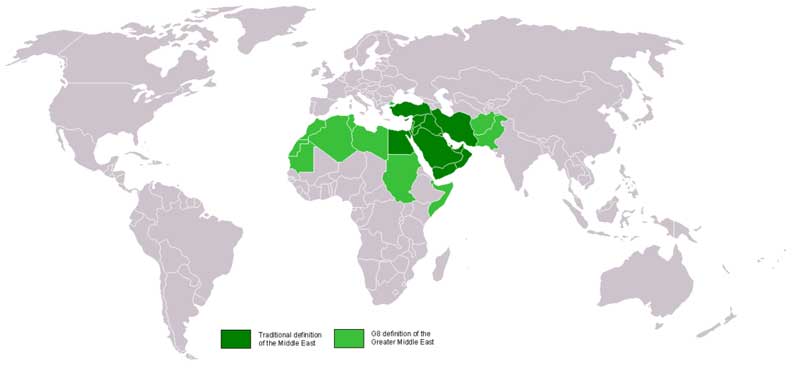
G8で提唱されている拡大中東(淡緑色)
ヨーロッパ中心主義が産んだ「中東」という概念
One important cultural note to keep in mind: both of these terms are completely Eurocentric, meaning that the Western English-speaking historians named the region on the basis of its position relative to Europe. With recent trends in academia to de-Westernize core education, the term Middle East can seem a bit old-fashioned. Until a new name carves its way into public discourse, however, we’re stuck with Middle East to describe the region.
note 注釈 Eurocentric ヨーロッパ中心主義の historian 歴史家 academia 学術的な世界 de-Westernize 脱西欧化 old-fashioned 古めかしい discourse 論説 stuck with 固執する(stuckはstickの過去形、過去分詞)
これはぼくが高校生の頃からずっと気になっていた。いわゆる「中東」の大部分って、客観的には「西アジア」とでもいうべき地域なんだけど、ヨーロッパから見て中くらいの東(しかも、地理的に考えても全然Middleじゃない)だから「中東」で、この言葉をヨーロッパ以外の人が使うのは、本来おかしいのだ。もちろん、ヨーロッパの人が使うのもいいことだとは思えないが……

Tōkyō : Nobarasha, 1942 Japan : 野ばら社, 1942 / Public domain
ところが、この政治的にも地理学的にもに不適切と思われるこの「中東」という用語が、結果的に北アフリカも含めた「中東」としか呼びようのないあの一帯を指し示すことのできる唯一の言葉であるというのは、なんとも皮肉なものである。
もちろん、MENA(Meddle East and North Africa)という言い換えの方が、地理的にはより妥当ではあるのだが、これも結局、「中東と北アフリカ」の頭文字に過ぎず、やはり「中東」というヨーロッパ視点の考え方は残ることになるのである。

